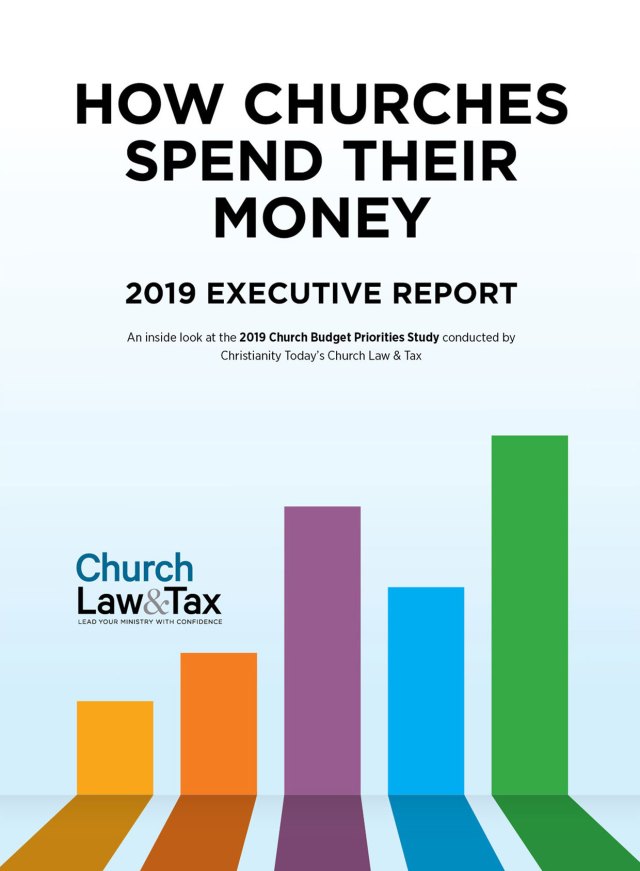Determining when a church should utilize a compensation consultant is not automatic. There is no bright-line test to provide an absolute answer to this question. However, churches paying compensation packages in excess of $100,000 should consider engaging a compensation consultant to assist in setting the proper amount of compensation for senior leadership and each highly compensated employee (defined as a compensation package of $100,000 or more).
Compensation surveys often are insufficient for higher compensation packages and the compensation consultant can provide an opportunity for the church to create a “Rebuttable Presumption of Reasonableness” position. While not inexpensive, the compensation consultant’s report should be viewed as part of the church’s protection against an IRS challenge asserting compensation is too high. The church should request a report for each employee meeting the definition as a disqualified person. The reports should be updated by the consultant every three to five years—unless there have been major changes in any of the factors affecting the compensation package.
Keep in mind that no governmental agency regulates who can call himself or herself a compensation consultant. A church should choose the consultant based on relevant qualifications. CPAs and attorneys typically do not have the necessary training and experience to act as compensation consultants. Also, a church should not choose anyone who has a current relationship with the church or the church’s leaders due to potential conflicts of interest.
As far as specific qualifications, the consultant should have formal, college-level training in compensation theory and practice, business, and human resources. The consultant should possess one or all of the following certifications: The Senior Certified Professional (SCP) in human resources, issued by the Society of Human Resource Management (SHRM), or the Senior Profession in Human Resources (SPHR) certification, issued by the HR Certification Institute (HRCI); or the Certified Compensation Professional (CCP) designation issued by WorldatWork, and have at least 10 to 15 years of experience in high-level human resource management, including working with boards and senior management.
The consultant should also have broad experience in compensation, HR regulatory laws and requirements, sourcing surveys and compensation databases, compiling and interpreting relevant survey data, and at least 5 years of experience as a consultant.
Churches should check with other churches and nonprofit organizations to find qualified consultants. They should also ask their attorneys and CPAs for referrals. All prospective consultants should be asked for references as well.
While each prospective consultant should be asked about fees, the decision should not be based primarily on the cost of services. Instead, the church should focus primarily on the consultant’s qualifications and relevant experience.
Finally, do not consider hiring a consultant until you’ve seen sample reports. Here is what to look for in the samples—and what you should expect to find in the consultant’s actual report:
- a history of the employer;
- a summary of the compensation philosophy policy;
- salary history for the position being evaluated;
- qualifications of the employee;
- listing all the cash and noncash compensation elements;
- comparison with at least three separate compensation databases; and
- application of the databases to the position being evaluated.
The report should also cite relevant court decisions and applicable authorities that determine the reasonable amount of compensation.




